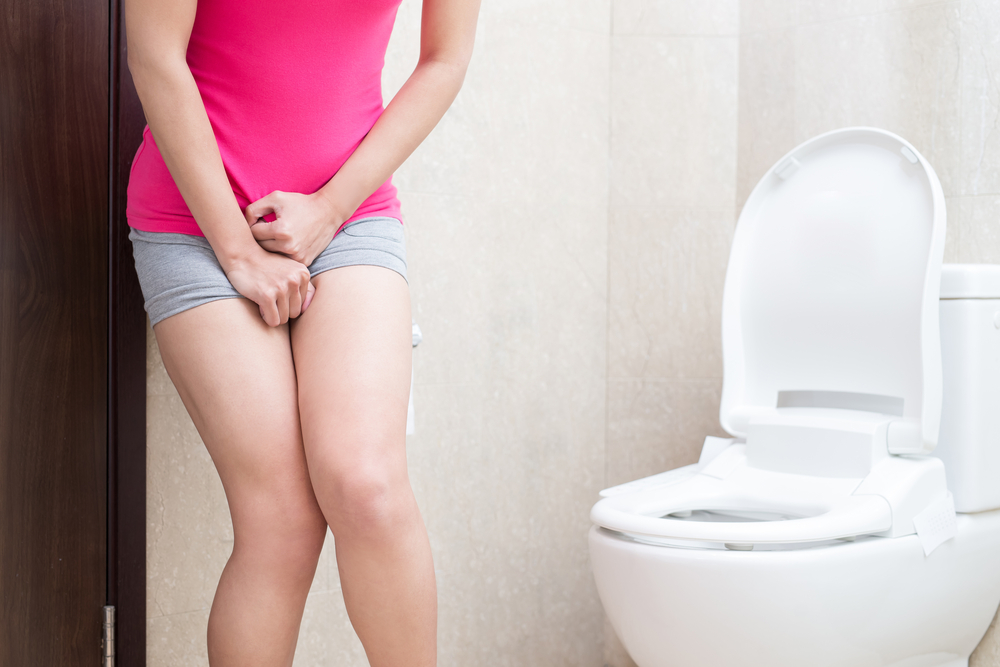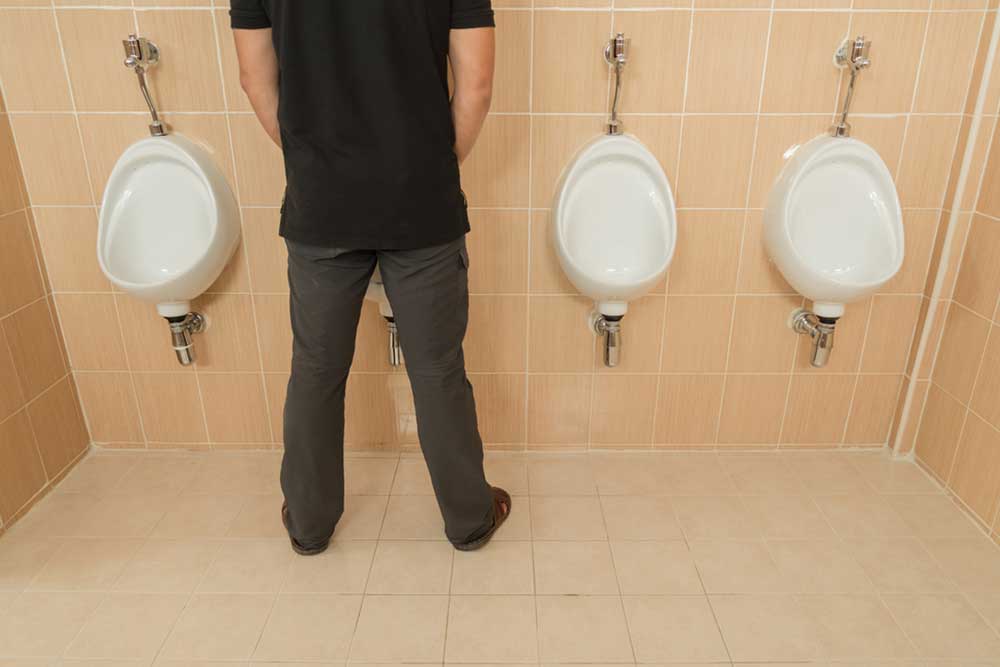Understanding Frequent Urination: Causes, Prevention, and Solutions
This article explores common causes of frequent urination, including lifestyle and medical factors, along with preventive tips and treatment options. Emphasizing lifestyle changes and medical intervention, it provides valuable insights for managing this condition. Always seek professional advice for personalized treatment plans to improve urinary health effectively.

Understanding Frequent Urination: Causes, Prevention, and Solutions
Frequent urination is defined as needing to urinate eight or more times daily. It can result from various factors such as diabetes, weakened pelvic muscles, urinary tract infections, or other health issues.
In women, pregnancy and childbirth can weaken pelvic muscles, increasing urination frequency due to pressure on the bladder. For men, an enlarged prostate is a common cause. Other causes include bladder stones, cancer, and radiation treatments. Excess weight can also exert pressure on the bladder, prompting more frequent urges.
Prevention Measures
Healthy lifestyle choices and exercises can help prevent frequent urination issues. If you notice even mild bladder concerns, adopting certain habits can reduce future problems. Managing diet to avoid aggravating factors can be beneficial.
Limit caffeine, alcohol, and citrus juices.
Avoid excessive intake of tomato-based foods.
Steer clear of artificial sweeteners.
Incorporate more fiber into your diet.
Practice Kegel exercises to strengthen pelvic muscles.
Treatment Options
Various treatments effectively address frequent urination, often targeting the underlying cause. Proper management of conditions like diabetes, infections, or prostate enlargement can significantly reduce symptoms.
Controlling blood sugar levels in diabetics can alleviate symptoms. Treating urinary tract infections and prostate issues, sometimes through surgery, can also help.
Medications that regulate estrogen or calm overactive bladder symptoms are effective options.
Severe cases may require surgical intervention.
A balanced diet along with pelvic floor exercises may be sufficient for mild cases. Always consult with a healthcare professional for personalized treatment plans.










